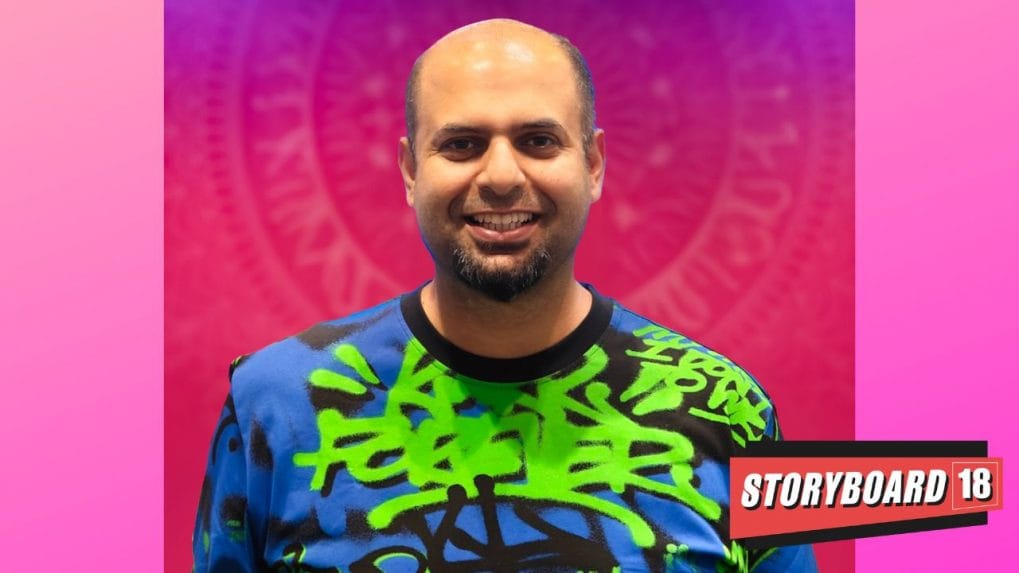WinZO co-founder Paavan Nanda to SC: ‘Games of skill are art’— not gambling stigma
The plea also warns that illegal offshore betting operators — not Indian skill-gaming companies — pose the real threat.
ADVERTISEMENT
WinZO Games co-founder Paavan Nanda through his plea in the Supreme Court against the Karnataka Police (Amendment) Act, 2021, which imposes a blanket ban on all games played for stakes — including games of skill. Nanda contended the law is unconstitutional, violating his rights as a game developer and entrepreneur.
In his written submissions, filed through advocate Aanchal Tikmani, Nanda argues that the amendment infringes upon his right to carry on a profession under Article 19(1)(g) and freedom of speech and expression under Article 19(1)(a) of the Constitution. He says the ban not only harms the commercial interests of legitimate gaming businesses but also curtails the creative freedoms of game developers.
“Online games of skill are a legitimate form of expression, just like art, music, or literature,” Nanda’s submission states. “A complete prohibition fails the constitutional test of proportionality and reasonableness. This Hon’ble Court has recognised that with the advancement of technology,the scope of the right to freedom of speech and expression under Article 19(1)(a) has expanded to include various digital modes of communication."
"In the present case, the Impugned Amendment Act not only restrict the speech and expression rights of platforms that enable gaming services but also infringe upon the freedom of expression of game creators, who invest significant creative effort in developing such games as a legitimate form of entertainment."
Nanda stated, "The right to freedom of speech and expression under Article 19(1)(a) inherently includes the right to create, disseminate, and receive content. This comprehensive right encompasses not only the ability to inform and entertain, but also the right to be informed and entertained. It protects the mode and manner of expression chosen to achieve effective circulation, and extends to unpopular or dissenting content, so long as it does not fall within the specific restrictions enumerated under Article 19(2)."
He points to decades of legislative history that distinguish games of skill from gambling. Since the 19th century, laws across India have exempted skill-based games from gambling prohibitions. Citing examples from Haryana and Nagaland, Nanda says several states regulate skill games without banning them outright.
The plea also highlights that illegal offshore betting platforms, not Indian skill-gaming companies, are the real threat. These foreign operators, he says, evade Indian taxes and regulations while targeting vulnerable users, including minors. In contrast, domestic skill-gaming platforms comply with Indian laws, pay GST, and implement consumer safeguards.
The plea also warns that illegal offshore betting operators — not Indian skill-gaming companies — pose the real threat. These platforms, Nanda says, operate outside India’s regulatory framework, evade taxes, and aggressively target vulnerable users, including minors.
"It is relevant to note that the primary harm is caused by the illegal offshore betting and gambling companies," Nanda states. "Such companies are not bound by Indian law and operate illegally. They are not registered with the ROCs in India nor do they pay GST which is imposed of legitimate skill gaming companies. A pertinent example of this is Telangana, which banned both betting & gambling, as well as games of skill.
However, while the skill gaming companies of India complied and are not operational in Telengana, offshore betting & gambling platforms continue to operate in the State. These entities neither pay taxes nor implement Indian regulatory and consumer safeguards, as a consequence of which they are able to devote disproportionate resources towards aggressive, misleading advertising and user acquisition thereby undermining the lawful sector and gravely endangering users."
Nanda highlights that despite having a central regulatory framework, enforcement against such foreign entities remains difficult. "Despite the existence of a robust central regulatory apparatus, enforcement against unlawful offshore betting and gambling platforms has proven challenging. These platforms like Parimatch, 1xBet, Stake, and their mirror/affiliate sites consistently evade Indian regulation, failing to comply with licensing and fiscal obligations," he adds.
Nanda relies on Supreme Court judgments — including Indian Express v. Union of India, Shreya Singhal v. Union of India, and Anuradha Bhasin v. Union of India — to argue that even unpopular or commercially driven content enjoys constitutional protection unless it incites harm.
In what could be a watershed moment for India’s online real money gaming (RMG) industry, the Supreme Court on Tuesday reserved its judgement in a high-stakes case concerning the applicability of Goods and Services Tax (GST) on online games. The verdict is expected to bring clarity to a massive ₹2.5 lakh crore tax dispute, one of the largest in India’s legal history.
A division bench comprising Justices J.B. Pardiwala and R. Mahadevan reserved judgment after concluding arguments in the batch of cases involving leading gaming companies, including Gameskraft, Delta Corp, and members of industry bodies like the All India Gaming Federation (AIGF), E-Gaming Federation (EGF) and the Federation of Indian Fantasy Sports (FIFS).
The government of India will submit a supplementary admissions to the court in two weeks. Justice Pardiwala and Mahadevan thanked all the counsels for assisting the court. Interestingly, the landmark GST gaming case hearing ended on Justice Pardiwala's birthday. The arguments have concluded and the judgement reserved for pronouncement.

